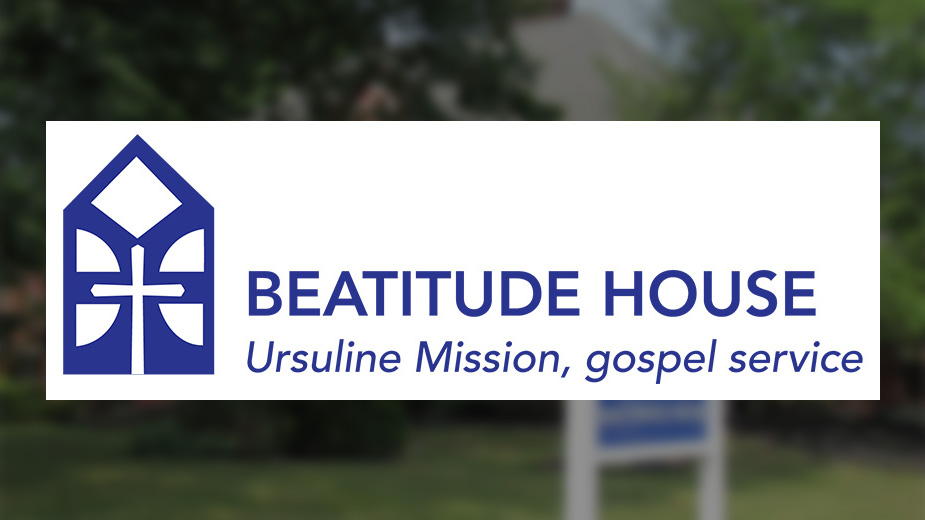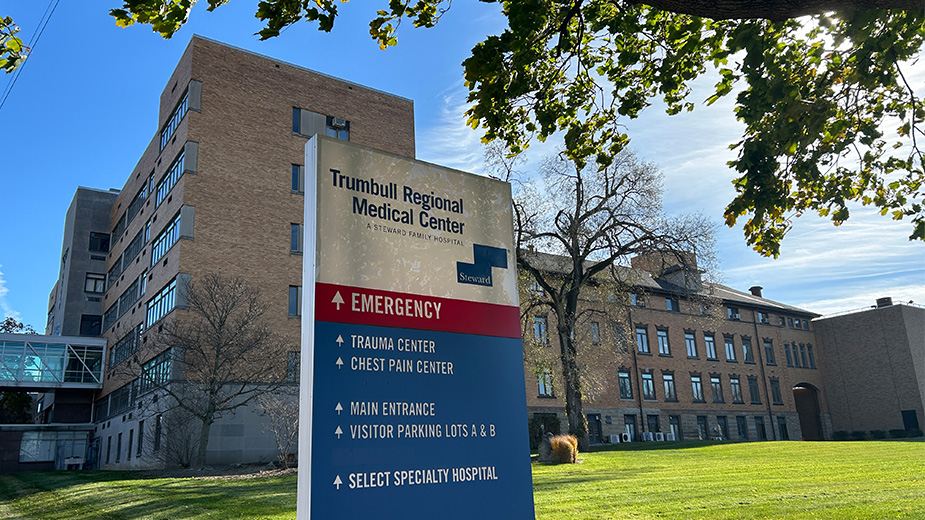Health Underwriters Group Seeks Changes in Obamacare
YOUNGSTOWN, Ohio –Market instability and red tape continues to plague the Affordable Care Act — better known as Obamacare – two full years into the law’s implementation, insurance specialists report.
“The main focus our members have right now is to deal with the market instability that’s been caused by it,” said Michael Embry, treasurer of the National Association of Health Underwriters.
“Right now, we have a lot of carriers that are dropping products, they’re getting out of the market,” Embry said before he and Patricia Griffey, NAHU Region III vice president, delivered a presentation April 14 to the group’s local chapter. “While the coverage is out there, we have a lot of people who are not able to find it because they’re not working with a member of NAHU, for instance,” he noted.
Griffey said the complexities associated with the law makes the National Association of Health Underwriters even more relevant in an advisory and consultancy capacity. “We’re more like consultants than we ever were. It’s the ability to bring our agents to the table, let them work with the client, let them see if there’s a way for them to get their answers so that they’re not navigating this on their own.”
The NAHU is a nonprofit, nonpartisan, national advocacy group for health insurance professionals, Embry said, and represents more than 100,000 licensed agents, brokers, consultants and benefit professionals through 200 chapters across the country.
More than 14 million remain uninsured in the United States, Embry noted. “One of the biggest issues from a market standpoint is that a lot of the uninsured are young and healthy and have opted to pay the penalty,” he said. This means that for some insurance carriers, many of their clients are older and sicker, which impacts premiums.
“As a result, a lot of carriers have decided not to do business,” in health care, he said.
Embry said as an organization, the NAHU strives to make changes from a regulatory standpoint. One of the major pieces of legislation the group advocates is a bi-partisan bill introduced in the U.S. House of Representatives last year to amend the ACA’s medical loss ratio.
The current medical loss ratio requirement mandates that 80% of an insurance premium goes to medical costs while 20% is used for administrative expenses. Under the current provisions, health care insurance carriers must treat agent and broker commissions as part of administration costs. The amendment would change that, and allow smaller brokers to compete and offer services in the market.
“This remains Priority One for us,” Embry said. “This has gone from a bill three years ago with very little bi-partisan support to where now, it’s almost a 50-50 bi-partisan issue.”
Change within Congress, Embry noted, is slow. What the NAHU is very effective at is providing power points, written legal opinions, webinars, and other tools to help its members
About 30 health insurance professionals attended the presentation, many of whom are disgruntled about the ACA’s inefficiencies and shortcomings.
George Morris, president of Morris Financial Group, Salem, praised the group for its hard work but questioned how involved the group is when it comes to health care legislation.
“I know we’re making progress,” he said. “But, are we there with the big meetings, when the major parties and players are there?”
Embry said that the group is very engaged. “When the White House, when HHS, when CMS have a question, they call NAHU.”
Among the many issues members have with the law and the health exchange is the lack of accountability of those in the federal government who are charged with explaining the law and helping both professionals and consumers.
One member, John Morvay, said he’d like to see the organization take a stronger leadership role against the ACA, and noted, “we are heading toward socialism.”
Morris said he ss concerned about the ACA moving toward a single-payer system, allowing for more government control over health care.
Embry emphasized that the organization isn’t in place to become a partisan group. “The success we have is because we reach out across the aisle.”
Copyright 2024 The Business Journal, Youngstown, Ohio.



